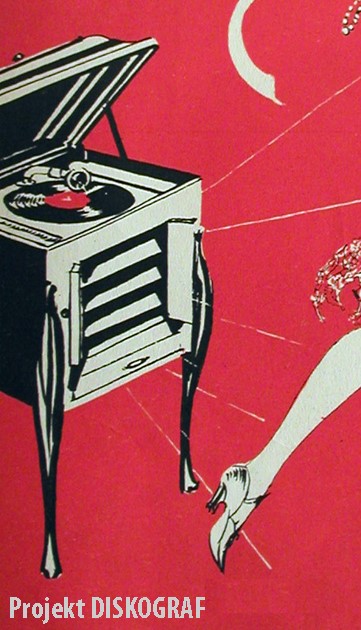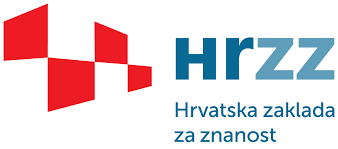The record industry in Croatia from 1927 to the end of the 1950s


In addition to the endangerment of gramophone records as primary sources and the lack of reliable documentation on them, the impetus for the joint work of seven project collaborators and a PhD candidate comes from understanding discography and its supporting industry as constituent elements of music and musical life in view of two key aspects: the music itself, realized in/as performance, and the record “filters” which – through the choice of musical repertoire and interpreters, production possibilities and aspirations, musicians’ working conditions and ways of market placement – draw out not only the broader dynamics, hierarchy and tendencies in music and musical life but also the microhistory of Croatian society and culture in the periods in question.
We begin with the hypothesis that the record industry represents an important domain for getting insight into the modernization processes in Croatian and wider Yugoslav society, the relationship between cosmopolitanism and nationalism, class stratification of society, regional differences, and interethnic and gender relations.
2) to provide a scholarly based insight into the poetics, politics and economics of the record industry during the periods in question
3) to explore selected aspects of the record industry in detail in the form of case studies
4) to improve the music studies in Croatia by connecting insights of ethnomusicology, historical musicology and popular music studies
5) to contribute to the public awareness of record releases as an important part of cultural heritage
It primarily involves analysis of archival material (stored in Zagreb, Štrigova, Osijek, Split, Rijeka, Sisak, Ljubljana, Belgrade, Prague and Washington) that talks about the operation of Edison Bell Penkala, Elektroton and Jugoton record companies and record stores.
In the part of the research related to the contemporary reflections of the project theme, we will use qualitative methods of research established in ethnomusicology and related disciplines.
When it comes to collectors and record enthusiasts, we will use semi-structured interviews, biographies, life stories and oral history, and when it comes to the interactions in the virtual space, we will rely on methodological experiences from the field of cyber-ethnography.
Selected material – especially recordings published 70+ years ago and catalogues of the three companies – will also be made available to the public.
This project is fully supported by Croatian Science Foundation; project IP-2019-04-4175
Necessary cookies are absolutely essential for the website to function properly. This category only includes cookies that ensures basic functionalities and security features of the website. These cookies do not store any personal information.
Any cookies that may not be particularly necessary for the website to function and is used specifically to collect user personal data via analytics, ads, other embedded contents are termed as non-necessary cookies. It is mandatory to procure user consent prior to running these cookies on your website.
